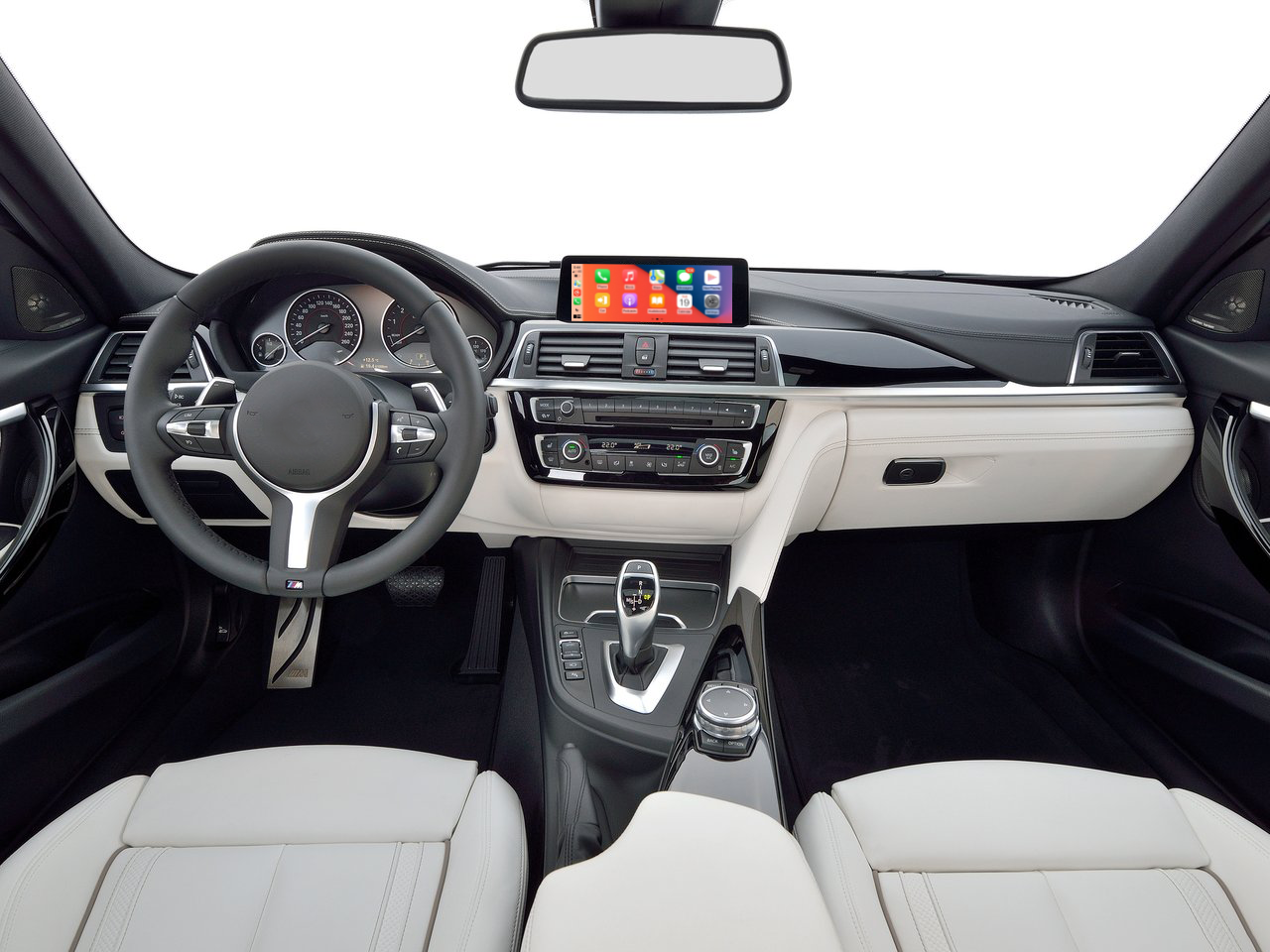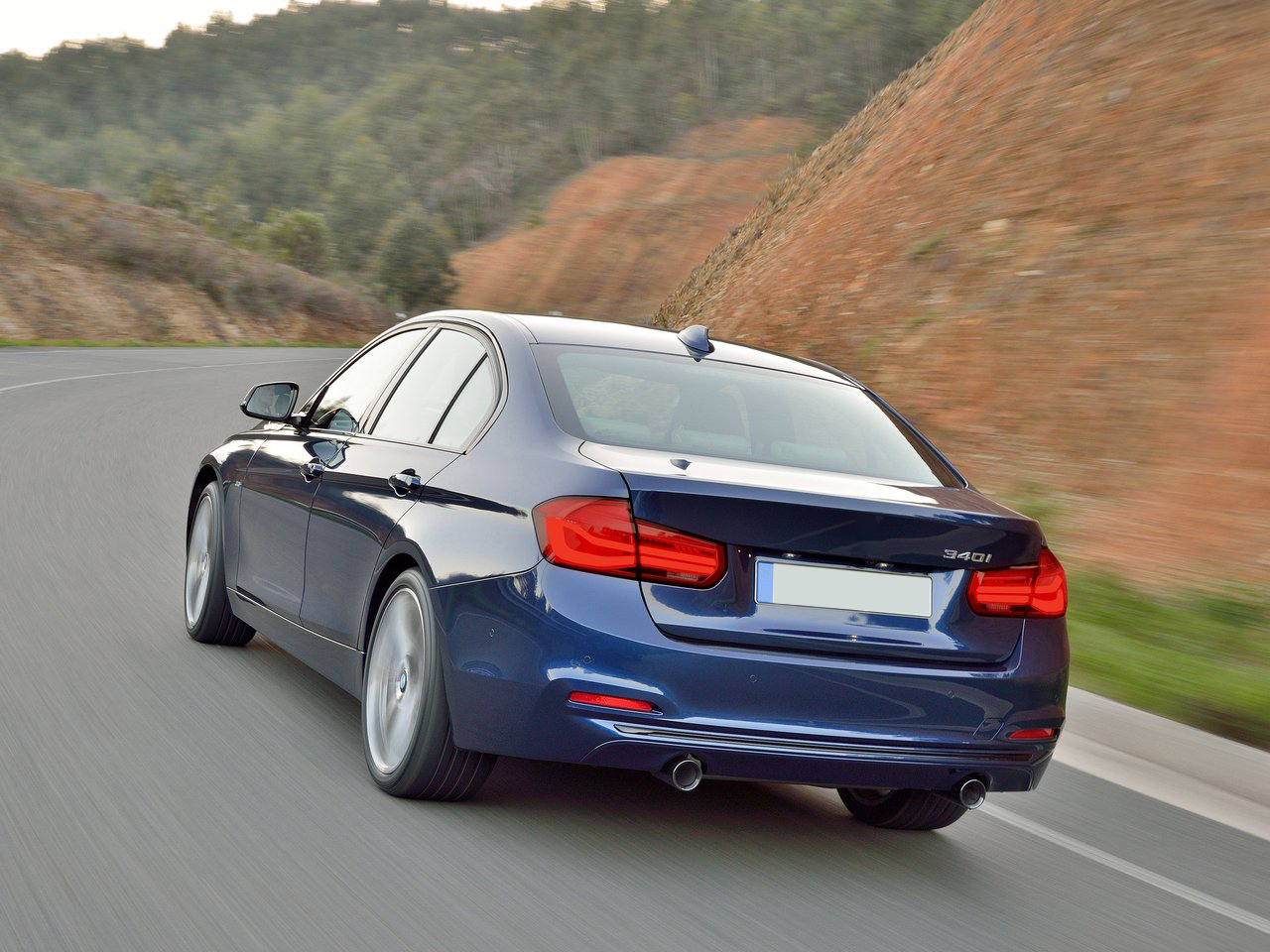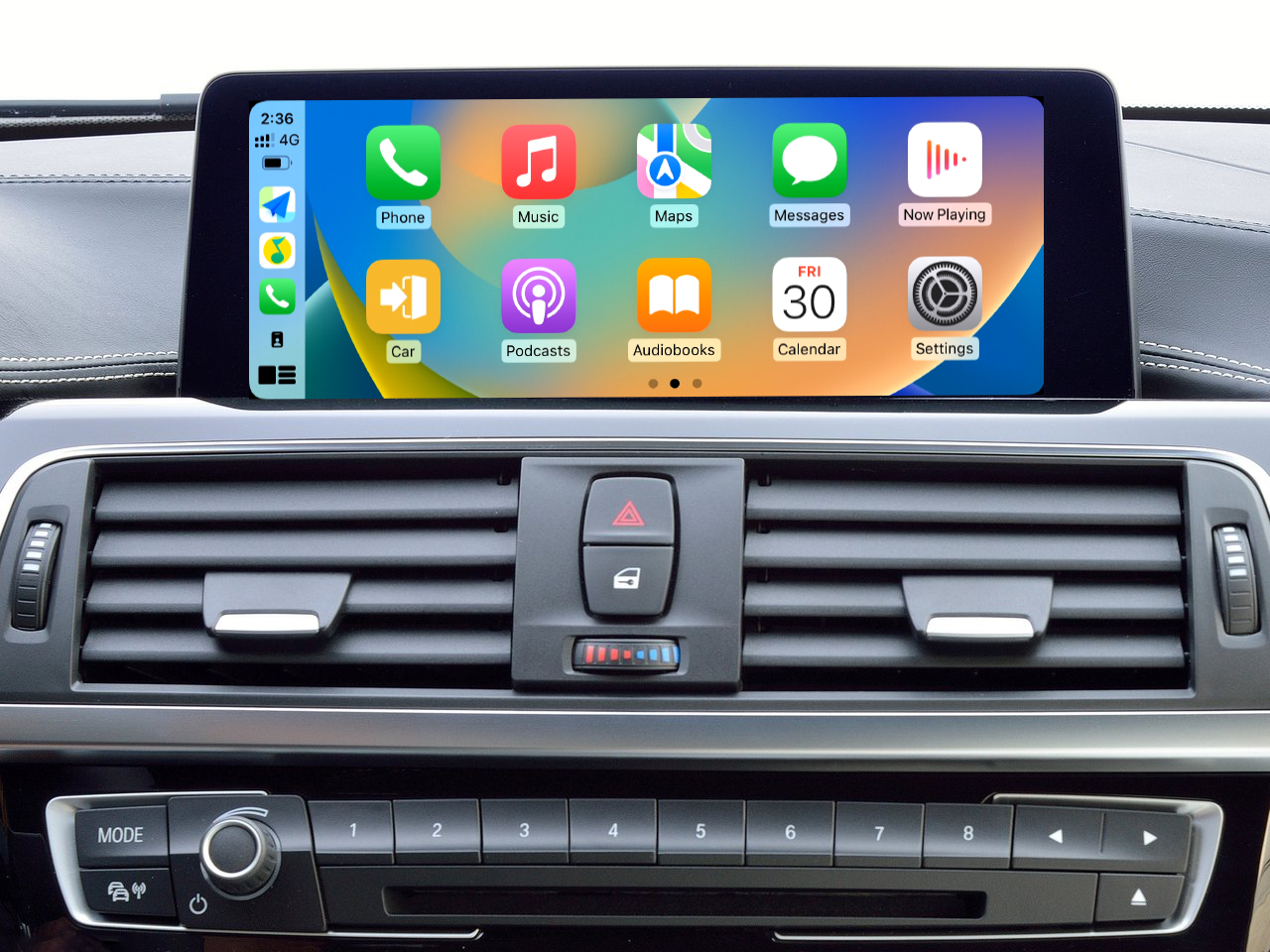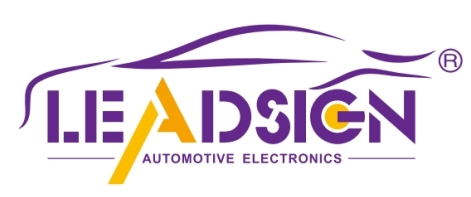Troubleshooting Tips for Apple CarPlay Adapter for Cars Without CarPlay

Wireless Apple CarPlay adapters for cars are fantastic solutions for vehicles that lack built-in CarPlay functionality. However, there can be instances where they don't operate flawlessly. You may encounter connection issues, delays, or even system crashes. Such challenges might lead you to wonder if investing in an apple carplay adapter for car is truly worthwhile. Don't worry—this guide is here to assist you in resolving these concerns.
Key Takeaways
Make sure the adapter works with your car and iPhone. Check this before buying to avoid connection problems.
Update your devices often. Keep your adapter and iPhone updated to fix bugs and work better.
Restart your devices every week. This clears temporary files and keeps CarPlay running well.
Understanding Wireless Apple CarPlay Adapters

What Is an Apple CarPlay Adapter for Car?
An Apple CarPlay adapter is a small gadget. It links your iPhone to your car’s screen system. This is made for cars without built-in CarPlay. With it, you can use apps, music, and maps on your car’s display. It’s a cheaper way to upgrade your car instead of buying a new one. Most adapters plug into a USB or aux port, so setup is easy and fast.
How Wireless CarPlay Adapters Work
Wireless CarPlay adapters use Bluetooth and Wi-Fi to connect your iPhone to your car. First, Bluetooth pairs your phone with the adapter. Then, Wi-Fi takes over to send data. This keeps things running smoothly for maps, music, and calls. You won’t need cables, so your dashboard stays neat.
Wireless CarPlay makes driving easier and safer. You can control it hands-free with Siri or your car’s buttons.
Benefits of Wireless Apple CarPlay Adapters
Wireless CarPlay adapters have many perks that improve driving. Here are some top benefits:
No wires needed: Say goodbye to messy cables in your car.
Drive safely: Use apps and maps without taking your hands off the wheel.
Easy connection: Your iPhone works perfectly with your car’s system.
Fun features: Play music, podcasts, and more without trouble.
Voice control: Siri helps you stay focused on driving.
These adapters also get updates through the air. This means you can enjoy new features easily. They work with many cars, making them a great choice for most drivers.
Common Problems with Wireless Apple CarPlay Adapters
Wireless CarPlay adapters are helpful but not always perfect. You might face some common problems while using them. Let’s look at these issues and how they can affect you.
Connection Issues with Wireless CarPlay
One big problem is connection trouble. Your wireless CarPlay might disconnect often or fail to connect. This can happen because of old software, other devices causing interference, or your car or iPhone not being compatible.
To fix this, try these tips:
Make sure your car and iPhone work with the adapter.
Restart your devices and adapter to fix small errors.
Use another USB port if one is available.
Update the adapter’s software to the newest version.
Pro Tip: Keep your iPhone close to the adapter during setup for a better connection.
Slow or Unresponsive CarPlay
Slow CarPlay can be annoying. You might see delays when switching apps or find the system stops working. This can happen if too many apps are open or the adapter has software issues.
To make it faster:
Close apps you’re not using on your iPhone.
Check that the adapter’s software is updated.
Avoid cheap adapters, as they can cause delays and sound problems.
Compatibility Problems with Wireless CarPlay Adapters
Not all wireless CarPlay adapters work with every car. Some need special software or hardware. If your adapter isn’t compatible, you might see errors or have trouble connecting.
Before buying an adapter, check if it works with your car and iPhone. Some brands offer tools to test compatibility. This can save you from future problems.
Freezing or Crashing During Use
Freezing or crashing can ruin your drive. These problems often happen because of old software, hardware limits, or bugs. If your CarPlay freezes or crashes a lot, try fixing it.
Here’s how:
Restart your iPhone and adapter.
Update your iPhone and adapter’s software.
Close extra apps to avoid overloading the system.
Note: Regular updates and good care can stop many of these problems.
Step-by-Step Troubleshooting Tips

Check Compatibility of the Wireless CarPlay Adapter
Make sure your wireless CarPlay adapter works with your car and iPhone. Compatibility problems are common and can stop the adapter from working. Use this checklist to confirm:
Requirement | Details |
|---|---|
Made only for iPhones; won’t work with other phones. | |
Vehicle Compatibility | Needs cars with wired CarPlay already built-in. |
iPhone Model Compatibility | Works with iPhone 6 or newer running iOS 10 or later. |
Troubleshooting | Custom features may cause issues; contact support for help. |
Connection Instructions | Pair only with the adapter’s Bluetooth and Wi-Fi signals. |
If your setup doesn’t match these needs, the adapter might fail. Check everything carefully before moving forward.
Reset and Reconnect the Apple CarPlay Adapter
Resetting the adapter can fix connection problems. Follow these steps to reset and reconnect:
Take the adapter out of your car’s USB port.
Remove the adapter from your iPhone’s Bluetooth list.
Press and hold the reset button for 15 seconds. Wait for the LED to blink fast.
Plug the adapter back into your car and pair it with your iPhone.
Test the connection to see if it works.
Pro Tip: If it still doesn’t work, restart your iPhone and try again. This often solves stubborn issues.
Update Firmware on the Wireless Apple CarPlay Adapter
Old firmware can slow down CarPlay or cause crashes. Updating the firmware helps the adapter work better. Here’s how:
Download the newest firmware and follow the instructions.
Restart the adapter and connect it to your car and iPhone.
You can also open Safari on your iPhone and type
192.168.50.2to check for updates.
Keeping the firmware updated is an easy way to avoid problems.
Optimize iPhone Settings for Wireless CarPlay
Your iPhone settings can affect how well the adapter works. To improve performance:
Turn off extra Bluetooth devices to avoid interference.
Make sure Wi-Fi and Bluetooth are turned on.
Close apps you’re not using to free up space.
Update your iPhone to the latest iOS version.
These small changes can make CarPlay work faster and smoother.
Reduce Interference from Other Devices
Wireless CarPlay uses Bluetooth and Wi-Fi, which can be interrupted by other devices. To reduce interference:
Move to a quieter area with fewer wireless devices around.
Turn off nearby devices using Bluetooth or Wi-Fi.
Keep your phone away from electronics that might block signals.
Note: Too many wireless devices nearby can slow CarPlay. Fixing this can improve how well it works.
Preventing Problems with Wireless CarPlay Adapters
Keep the Adapter and iPhone Updated
Updating your wireless CarPlay adapter and iPhone is very important. Updates fix bugs and improve how they work together. Old software can cause problems like disconnections or slow performance.
Check for updates often. Visit the adapter maker’s website or app to get new firmware. For your iPhone, go to Settings > General > Software Update. These simple steps can help avoid future connection troubles.
Handle and Store the Adapter Carefully
Take good care of your adapter to make it last longer. Don’t drop it or leave it in very hot or cold places. When not using it, keep it in a safe, dry spot. Clean it gently with a soft cloth to remove dust. If you use wireless CarPlay a lot, having a backup adapter is smart. A little care now can stop big problems later.
Restart Devices Regularly
Restarting your devices is an easy way to keep them working well. Over time, your iPhone and adapter collect temporary data that slows them down. Restarting clears this data and refreshes the system. Try restarting both once a week. This can stop freezing or crashing when using CarPlay.
Don’t Run Too Many Apps
Using too many apps on your iPhone can slow down CarPlay. Close apps you don’t need to free up space. Use only important apps like maps and music while driving. This helps avoid delays or unresponsive systems. Keeping it simple makes CarPlay work better.
Pro Tip: Taking care of your devices and using them wisely can prevent many wireless CarPlay problems.
When to Get Expert Help for Wireless CarPlay Problems
Sometimes, no matter what you do, your wireless CarPlay adapter won’t work. That’s when you should think about asking a professional for help. Here are times when an expert can save you effort and stress.
Ongoing Connection Issues
If your wireless CarPlay keeps disconnecting or won’t connect at all, there might be a bigger problem. This could be with your car’s system or the adapter itself. You’ve already restarted, updated, and checked compatibility, but nothing helps. A professional can find the main issue and fix it. They might notice something you didn’t.
Tip: Before getting help, make sure your iPhone and adapter are fully updated.
Broken Adapter Hardware
Sometimes, the problem isn’t about software. If your adapter overheats, won’t turn on, or looks damaged, it might have hardware problems. These are hard to fix by yourself. A professional can check the adapter and see if it needs fixing or replacing. Don’t waste time trying to repair it alone—let an expert handle it.
Compatibility Problems You Can’t Solve
Not all wireless CarPlay adapters work with every car. If your car and iPhone meet the rules but the adapter still fails, it might not be a match. Some adapters have hidden limits that aren’t easy to spot. A professional can suggest a better adapter or even help upgrade your car’s system for smoother CarPlay use.
Note: Older cars or rare models often have compatibility issues. Always check before buying an adapter.
Wireless CarPlay adapters may have problems, but fixing them is simple. Begin by resetting the adapter or updating its software. These quick fixes usually solve most issues. Before buying a new adapter, try these solutions first. Chances are, your CarPlay will work perfectly again soon!
FAQ
How can I tell if my car works with a wireless CarPlay adapter?
Look at your car’s manual or the adapter’s guide. Most adapters need cars that already have wired CarPlay.
Why does my CarPlay keep disconnecting?
Other devices or old software might cause this problem. Update your adapter and iPhone. Turn off nearby wireless devices to help.
Can older iPhones use a wireless CarPlay adapter?
Yes, if your iPhone has iOS 10 or newer. iPhone 6 and later models work with most adapters.
See Also
Key Advice for Choosing the Ideal Apple CarPlay Adapter
Best Fixes for Issues with Android Auto and Apple CarPlay Adapters
Genuine Reviews of Apple CarPlay Adapters for Non-Compatible Vehicles
Transforming Your Drive with Apple CarPlay Adapters for Non-Compatible Cars
Crucial Guidance for Purchasing a Wireless Apple CarPlay Adapter

